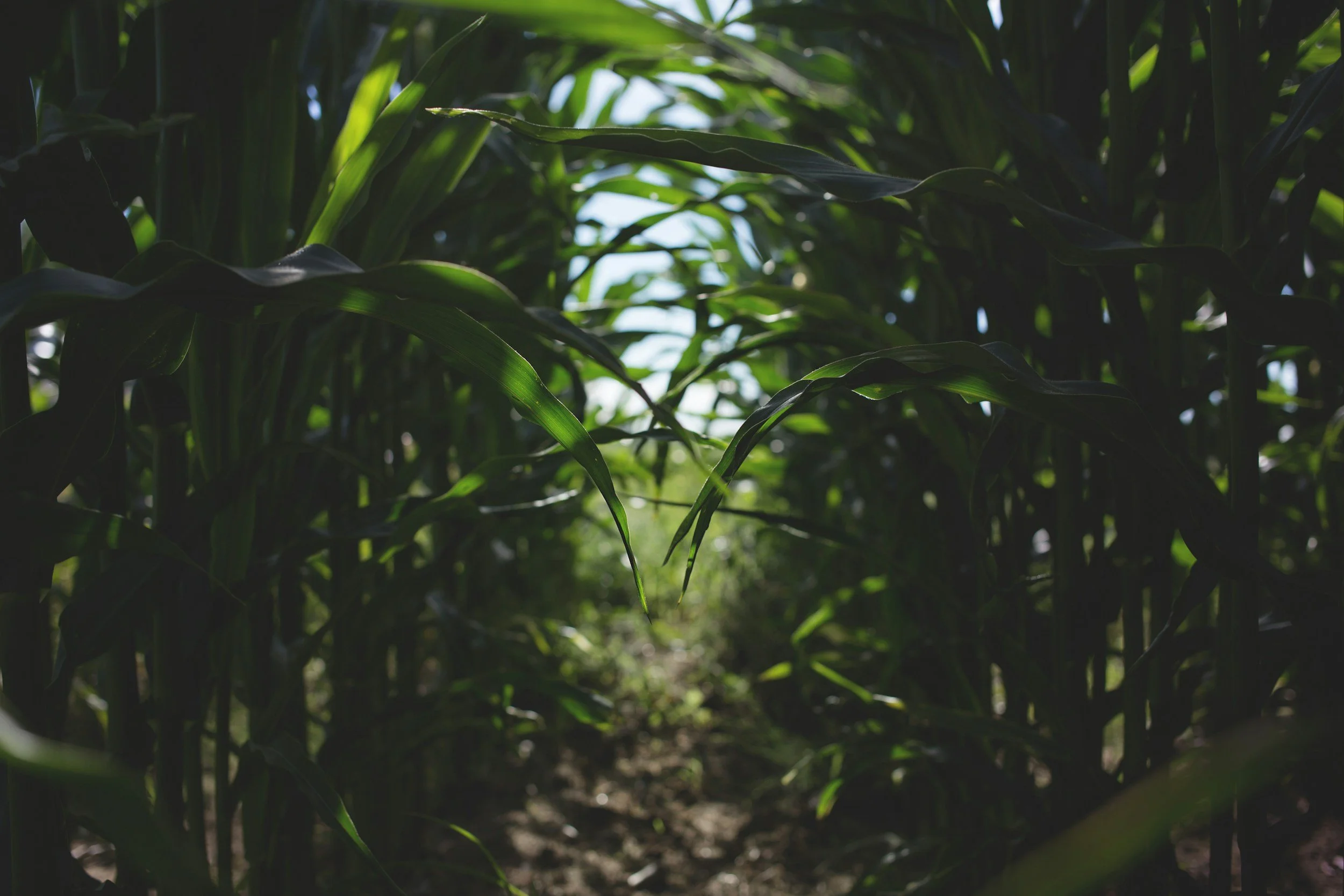
Founding partners with over 80 years in agricultural innovation, plus high level experience in business development, communications, and government relations.
The Carbon Underground (TCU): Since 2014 TCU has been a leader at the intersection of climate change and agriculture, and in the development of the regenerative agriculture movement. Combining its unique blend of Fortune 100 business development, marketing and communications, and scientific expertise, TCU has partnered with farmers, global and local food companies, governments, and the scientific community to restore soil health, improve the economic prosperity of farmers, and draw down legacy carbon to reduce or eliminate the threats from climate change.
The Center for Regenerative Agriculture and Resilient Systems (CRARS) at California State University, Chico has become one of the most respected institutional experts on soil health and its foundational importance for mitigating and adapting to climate change, restoring agroecosystem health, and supporting successful farm businesses. CRARS offers students, food companies, farmers, and governments a unique systems-based learning opportunity for issues related to ongoing abundance of food and fresh water resulting from agriculture that works with and restores Nature. Spearheaded by a senior staff of “farmers who are also scientists”, CRARS is leading the Edison Institute’s R&D.
Schuman Family Foundation: As Lead Donor on the Edison project, the Schuman Family Foundation has already contributed more than $7,000,000 in land and operating funds to help create the Institute and begin the path to development and launch.
Central Valley
The Edison Institute is Located in the Central Valley of California—ground zero for the intersection of agriculture and climate change. With just 1% of U.S. farmland, the Central Valley produces 25% of America’s food and 40% of all fruits and nuts, and is already experiencing threats from extreme heat and droughts to disappearing aquifers.
At this critical time, Central Valley needs help becoming more resilient and productive. Its water supply is threatened by climate change, which could cause a 20% decline by 2040. This could impact 900,000 acres of farmland and 50,000 jobs.
Source: Kern County Department of Agriculture




